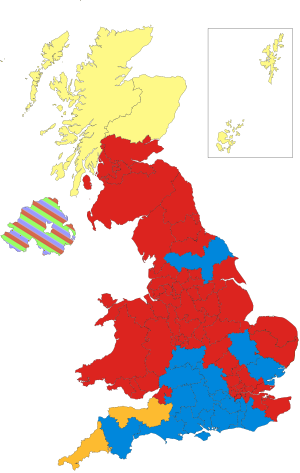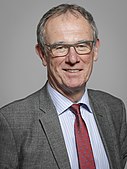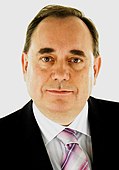| |||||||||||||||||||||||||||||||||||||||||||||||||||||||||||||||||||||||||||||||||||
87 seats to the European Parliament | |||||||||||||||||||||||||||||||||||||||||||||||||||||||||||||||||||||||||||||||||||
|---|---|---|---|---|---|---|---|---|---|---|---|---|---|---|---|---|---|---|---|---|---|---|---|---|---|---|---|---|---|---|---|---|---|---|---|---|---|---|---|---|---|---|---|---|---|---|---|---|---|---|---|---|---|---|---|---|---|---|---|---|---|---|---|---|---|---|---|---|---|---|---|---|---|---|---|---|---|---|---|---|---|---|---|
| Turnout | 36.4% ( | ||||||||||||||||||||||||||||||||||||||||||||||||||||||||||||||||||||||||||||||||||
| |||||||||||||||||||||||||||||||||||||||||||||||||||||||||||||||||||||||||||||||||||
 Colours denote the winning party, as shown in the main table of results. | |||||||||||||||||||||||||||||||||||||||||||||||||||||||||||||||||||||||||||||||||||
 | |||||||||||||||||||||||||||||||||||||||||||||||||||||||||||||||||||||||||||||||||||
| |||||||||||||||||||||||||||||||||||||||||||||||||||||||||||||||||||||||||||||||||||
| Part of a series of articles on |
| UK membership of the European Union (1973–2020) |
|---|
 |
The 1994 European Parliament election was the fourth European election to be held in the United Kingdom. It was held on Thursday 9 June, though, as usual, the ballots were not counted until the evening of Sunday 12 June. The electoral system was, for the final European election, first past the post in England, Scotland and Wales and single transferable vote in Northern Ireland. This was the first election with 87 MEPs, the European Parliamentary Elections Act 1993 having increased the number of seats for the UK from 81. For the first time, the UK did not have the lowest turnout in Europe. Turnout was lower in the Netherlands and Portugal.
This was the first European election contested by the recently formed UK Independence Party (UKIP), and the first European election in which the Liberal Democrats won seats. The Green Party lost more than three-quarters of the votes they secured in the previous election. The Conservatives lost 14 seats, taking their number of seats down to 18, which was 42 fewer seats than in the 1979 election, the year they defeated the Labour Party in the 1979 General Election. This reflected the general unpopularity of the Major government at the time.
Five by-elections to the British Parliament also took place on the same day in the Barking, Bradford South, Dagenham, Eastleigh, and Newham North East constituencies. The Conservatives lost Eastleigh to the Liberal Democrats; Labour would hold the other four.
Labour was under the interim leadership of Margaret Beckett following the sudden death of leader John Smith the previous month.


